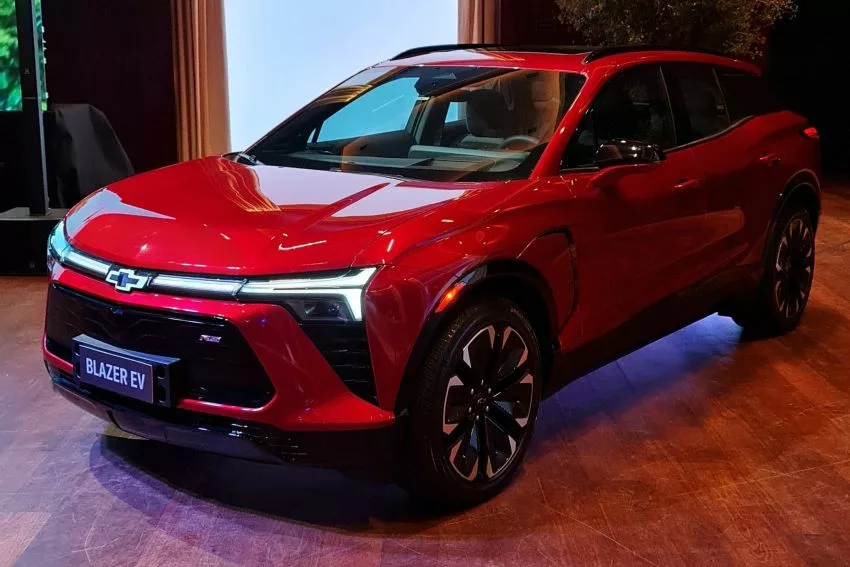In 2024, urban transportation is undergoing a seismic shift, driven by the innovative integration of solar technology into electric vehicles (EVs). Recent developments reveal that solar-powered EVs can extend driving range by up to 30%, reducing reliance on traditional charging infrastructure. This evolution not only promises to transform how we commute but also plays a pivotal role in achieving sustainability goals. In this article, we’ll delve into how solar-powered EVs are revolutionizing urban transportation and explore their daily benefits, costs, and real-world adaptation.
The Rise of Solar-Powered EVs: A Technological Breakthrough
Harnessing the Sun’s Power: How Solar-Powered EVs Work
Solar panels have been installed on rooftops and remote locations for years, but what makes 2024 unique is the efficiency with which they are now being integrated into vehicles. Companies like Sono Motors and Aptera are at the forefront, offering vehicles that can harness solar energy directly from the sun. According to Electrek, Aptera’s solar-powered car can achieve up to 40 miles of range per day purely from sunlight, a testament to the capabilities of modern photovoltaic technology.
- Photovoltaic Efficiency: Advances in solar panel efficiency mean that smaller panels can generate more power.
- Lightweight Materials: Use of innovative materials reduces vehicle weight, increasing efficiency.
- Energy Storage: Enhanced battery technology allows for better energy storage and usage.
Leading the Charge: Brands and Models
Several automakers are embracing solar technology. Here’s a look at some leading brands:
- Sono Motors Sion: A solar-integrated EV with a range of up to 155 miles, enhanced by solar panels.
- Lightyear One: This car boasts solar panels that can add up to 12 km of range per hour of sunlight, making it ideal for sun-soaked regions.
- Hyundai’s Solar Roof: Hyundai’s Sonata Hybrid offers a solar roof option, improving fuel efficiency and reducing emissions.
Daily Benefits of Solar-Powered EVs
Cost Savings and Efficiency
One of the most compelling aspects of solar-powered EVs is their potential for cost savings. Here’s why:
- Reduced Charging Costs: By harnessing solar energy, drivers can significantly cut down on electricity costs.
- Tax Incentives: Many governments offer incentives for solar-powered vehicles, reducing upfront costs.
- Low Maintenance: Solar panels require minimal maintenance, adding to long-term savings.
Environmental Impact: A Greener Commute
Solar-powered EVs contribute to a reduction in carbon emissions and reliance on fossil fuels. According to Bloomberg Green, urban areas can see a 25% decrease in transportation-related emissions with widespread adoption of these vehicles. This shift aligns with global sustainability goals, making cities cleaner and healthier.
Real-World Adaptation: Challenges and Opportunities
Overcoming Infrastructure Challenges
While the benefits are clear, the adoption of solar-powered EVs presents challenges:
- Limited Sunlight: Regions with less sunlight may not see the same benefits.
- Initial Costs: The technology is still relatively expensive, though costs are decreasing.
However, opportunities abound:
- Urban Planning: Cities can incorporate solar charging stations, enhancing the infrastructure.
- Public Awareness: Increased awareness and education can drive adoption.
Practical Tips for Potential Buyers
Interested in solar-powered EVs? Here’s what you need to consider:
- Assess Sunlight Availability: Ensure your region receives adequate sunlight for maximum benefit.
- Compare Models: Evaluate different models based on range, cost, and solar efficiency.
- Explore Incentives: Research available tax credits and rebates in your area.
The Future of Solar-Powered EVs: A Bright Horizon
What Lies Ahead
As technology advances, the future of solar-powered EVs is promising. The integration of AI to optimize energy use and the development of more efficient panels will further enhance vehicle performance. According to MIT Technology Review, the next decade could see solar vehicles becoming mainstream, especially in sun-rich regions.
Call to Action
Are you ready to embrace the future of transportation? Explore solar-powered EVs and become part of a sustainable revolution. Join the conversation online and share your thoughts on how these innovations can reshape our urban landscapes.
In conclusion, solar-powered EVs are not just a futuristic concept; they are a practical solution to contemporary challenges. By reducing emissions, cutting costs, and supporting sustainable urban development, these vehicles are indeed revolutionizing urban transportation in 2024. As we look to the future, the sun will play an increasingly vital role in powering our journeys.

